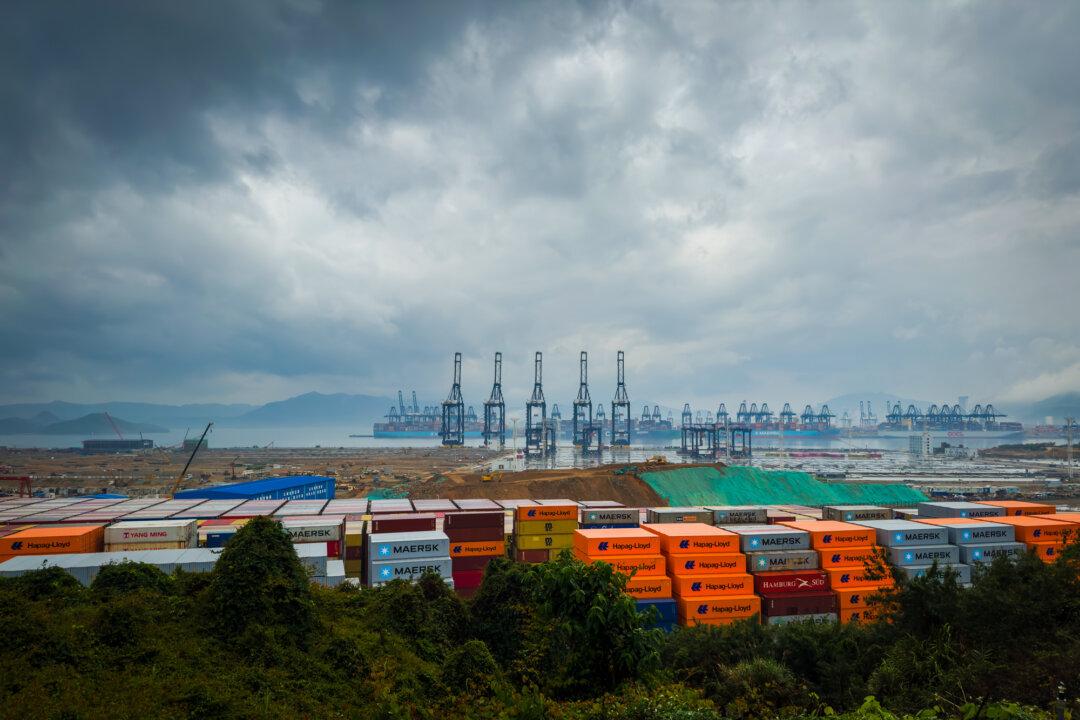Commentary
For the past quarter century or more, the Chinese Communist Party (CCP) has been building the case for, and laying the framework of, a Beijing-led new world order.

For the past quarter century or more, the Chinese Communist Party (CCP) has been building the case for, and laying the framework of, a Beijing-led new world order.